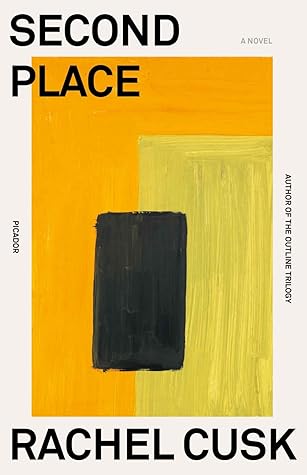More on this book
Community
Kindle Notes & Highlights
Fear is a habit like any other, and habits kill what is essential in ourselves.
It’s so easy to think you don’t matter all that much at the very moment when your moral duty as a self is most exposed. If I’d stood up to him, perhaps all the things that happened afterwards wouldn’t have occurred. But for once I thought, let someone else do it! And that is how we lose control over our own destinies.
It’s a question that begs an answer, and yet there is no clear and satisfying answer, except to say that this aura of male freedom belongs likewise to most representations of the world and of our human experience within it, and that as women we grow accustomed to translating it into something we ourselves can recognise. We get our dictionaries and we puzzle it out, and avoid some of the parts we can’t make sense of or understand, and some others we know we’re not entitled to, and voilà!, we participate. It’s a case of borrowed finery, and sometimes of downright impersonation;
Tony has taught me that my habit of wanting to please people by saying that things are better than they are just creates disappointment, mine more than anyone else’s. It’s a form of control, as so much of generosity is.
This is the difference, I suppose, between an artist and an ordinary person: the artist can create outside himself the perfect replica of his own intentions. The rest of us just create a mess, or something hopelessly wooden, no matter how brilliantly we imagined it. That’s not to say that we don’t all of us have some compartment in which we too are able to achieve ourselves instinctively, to leap without looking, but the bringing of things into permanent existence is an achievement of a different order. The closest most people come to it is in having a child. And nowhere are our mistakes and
...more
You see, Jeffers, Tony refuses to see anything as a game, and by being that way he reveals how much other people play games and how their whole conception of life derives from the subjectivity of the game-playing state. If it sometimes means he can’t altogether join in the fun, it doesn’t matter: the needle always swings back in his direction, because in the end living is a serious condition, and without Tony’s common sense and practicality the fun would run out fairly quickly in any case.
That day, the day of L’s arrival, I do remember being unusually aware of the feeling that I had never once lived in the moment of my beauty, to the extent that I possess any. It had always felt like something I might find, or something I had temporarily lost, or something I was pursuing – it had felt, occasionally, immanent, but I had never had the sensation of holding it in my hand.
The wounded don’t survive in nature: a woman could never throw herself on fate and expect to come out of it intact. She has to connive at her own survival, and how can she be subject to revelation after that?
So much of power lies in the ability to see how willing other people are to give it to you.
This is perhaps the limit of honesty, Jeffers, this place where something new has to be created that bears no relation to what was there before, and it was a place I often found myself flailing in with Justine.
There’s a certain point in life at which you realise it’s no longer interesting that time goes forward – or rather, that its forward-going-ness has been the central plank of life’s illusion, and that while you were waiting to see what was going to happen next, you were steadily being robbed of all you had.
‘You know, a lot of people get a bad idea right around when they’ve just passed the middle of their lives. They see a kind of mirage and they go into another building phase, but in fact they’re building death.
Worship, in other words, comes before knowledge, and in life this represents the complete initial loss or abandonment of objectivity, followed by a good long dose of reality while the truth is revealed.
For the first time, Jeffers, I considered the possibility that art – not just L’s art but the whole notion of art – might itself be a serpent, whispering in our ears, sapping away all our satisfaction and our belief in the things of this world with the idea that there was something higher and better within us which could never be equalled by what was right in front of us.
If we treated each moment as though it were a permanent condition, a place where we might find ourselves compelled to remain forever, how differently most of us would choose the things that moment contains!
Why are things more actual afterward than when they happen?


